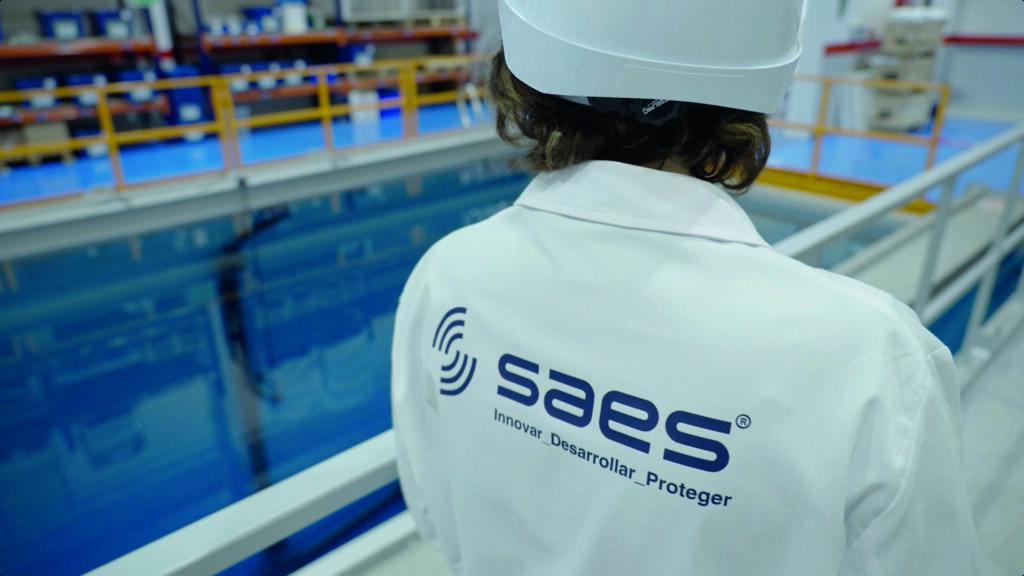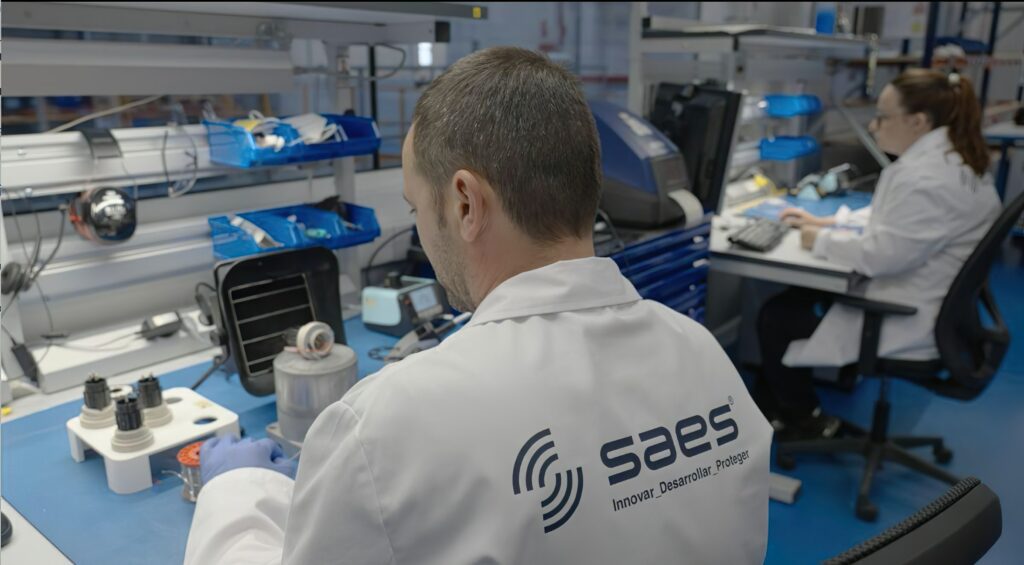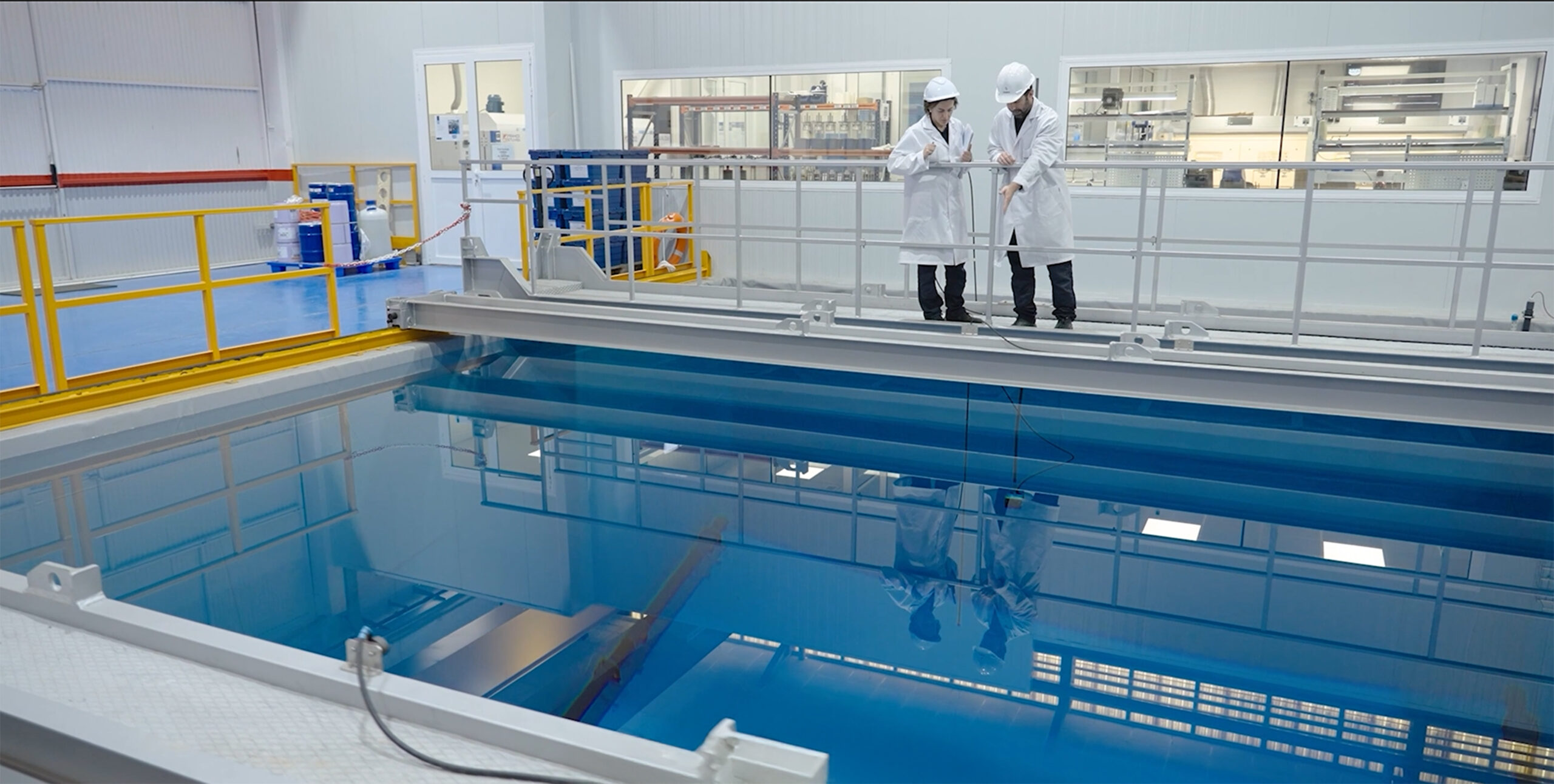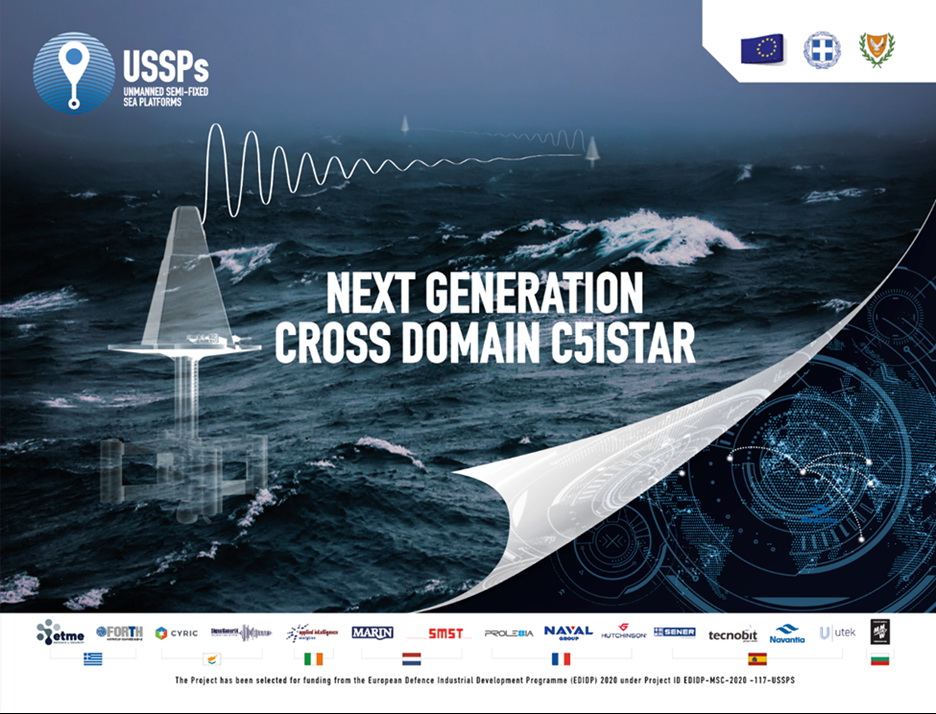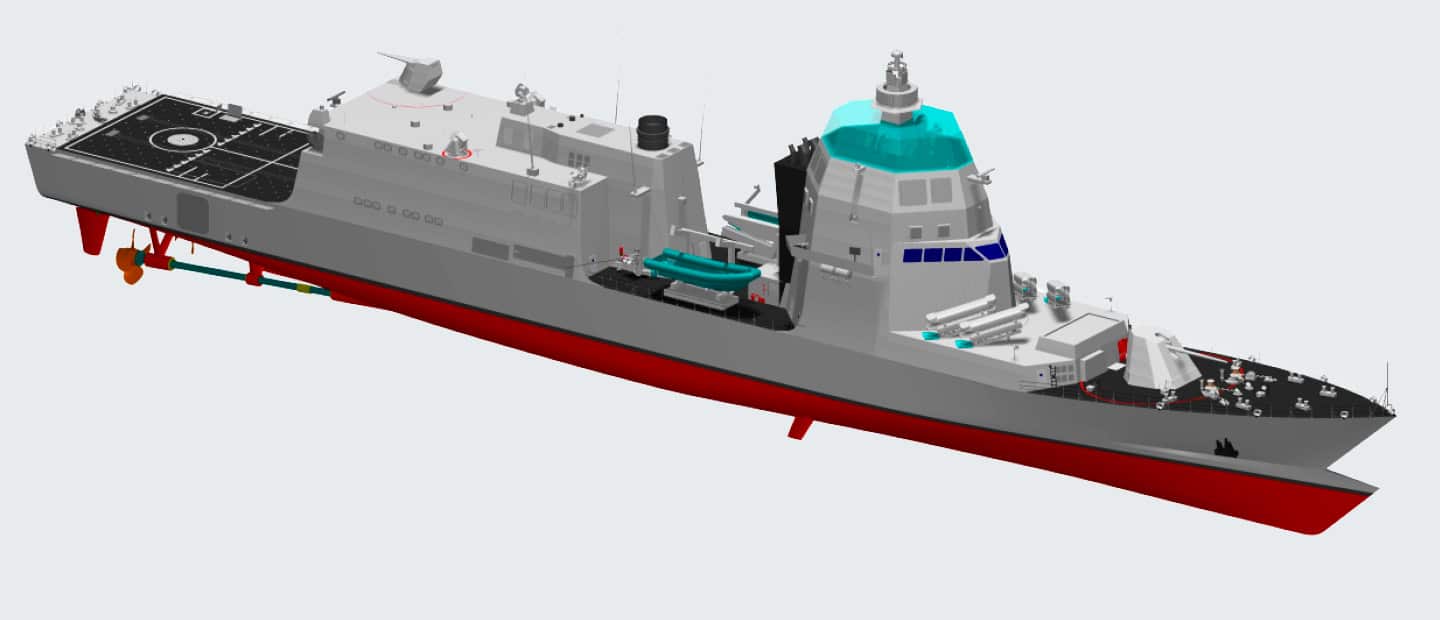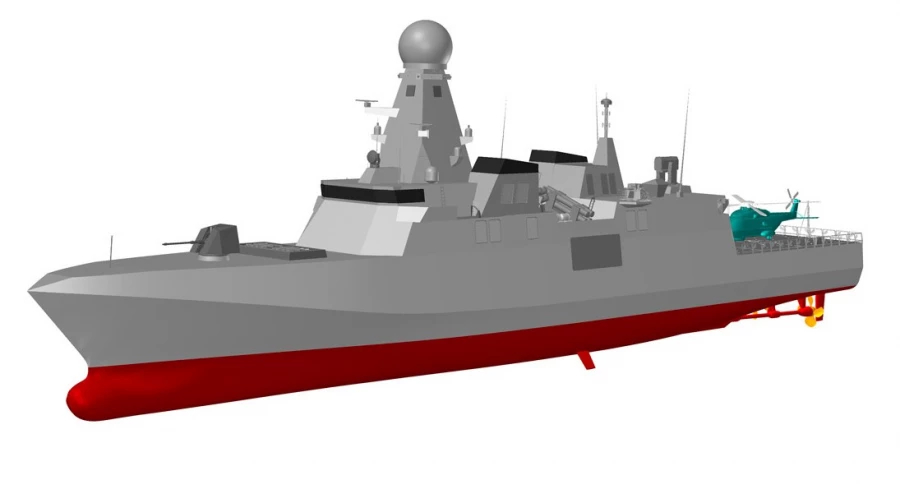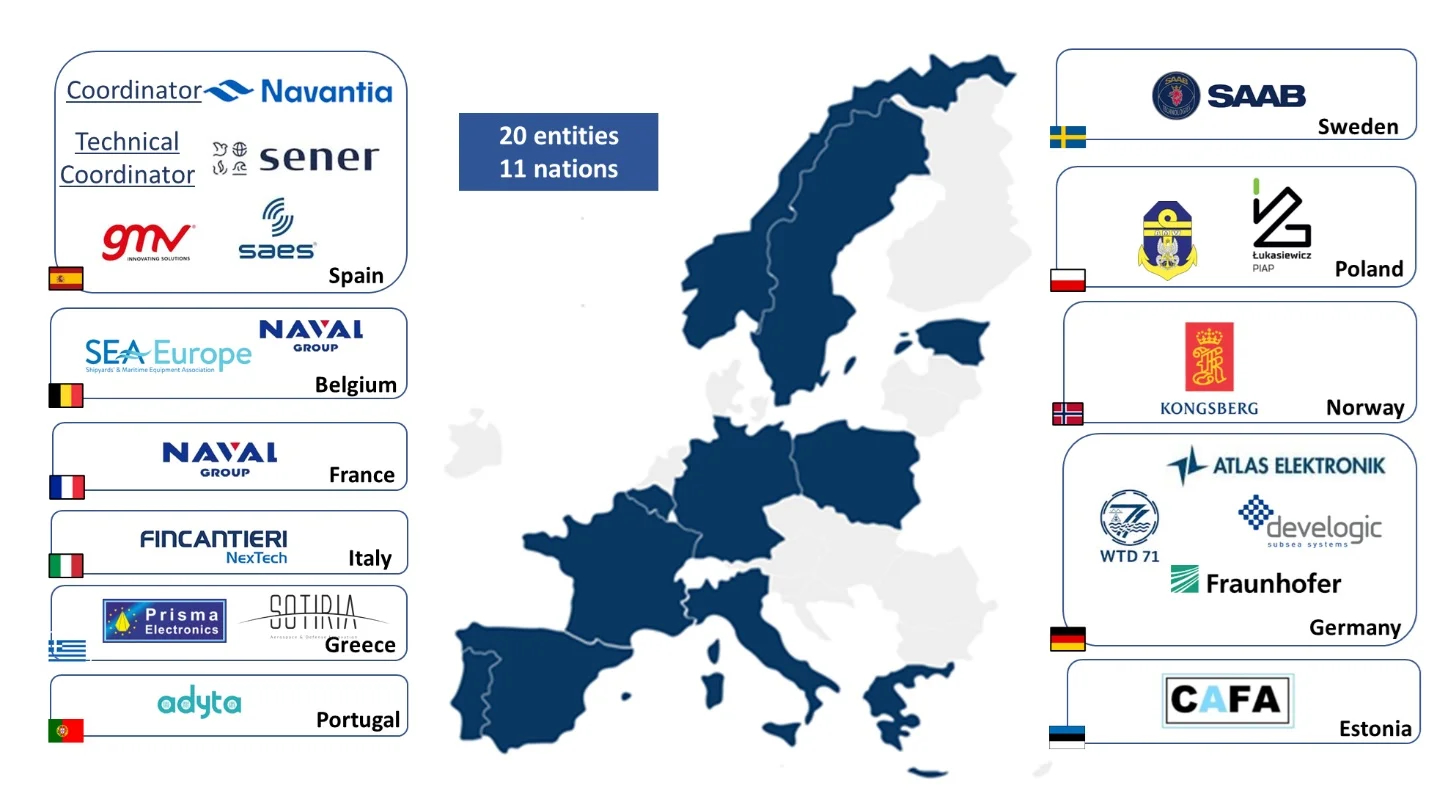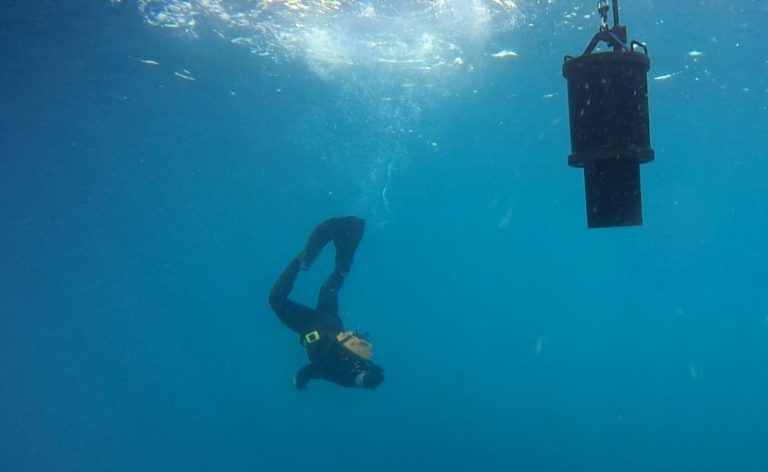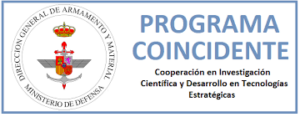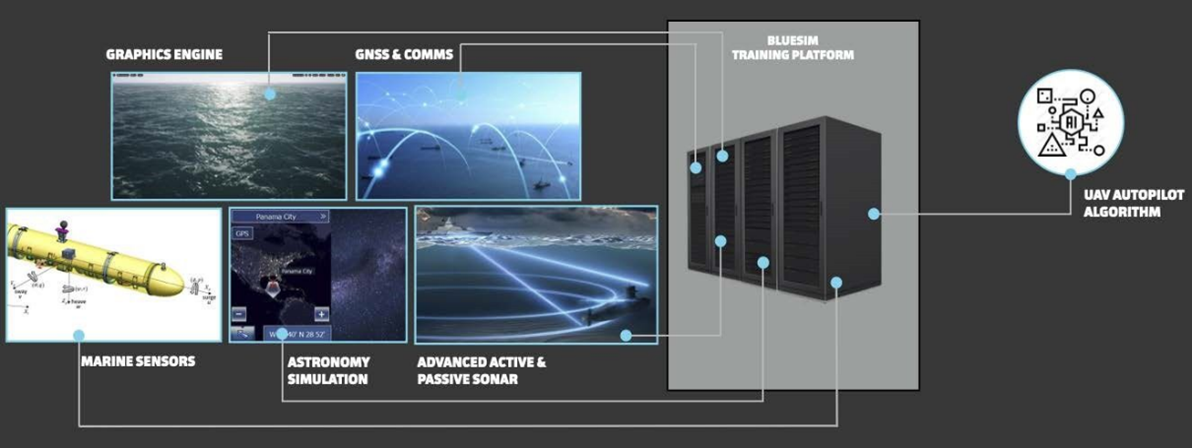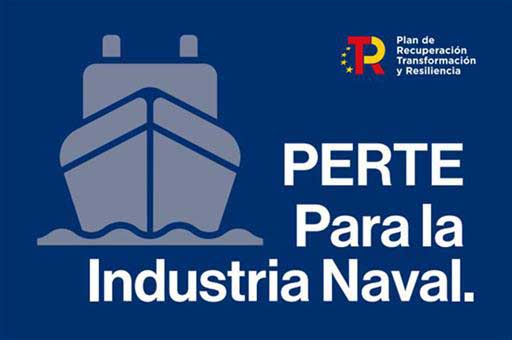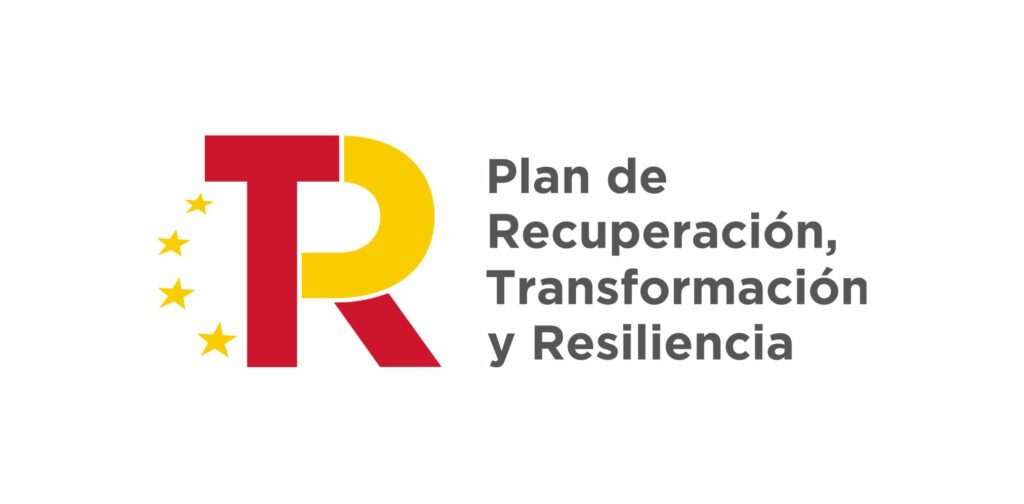SAES, Indra and Airbus are participating in the Santiago Phase II programme, a strategic initiative led by the Ministry of Defence within the Special Modernisation Programmes (PEM) of the Industrial and Technological Plan for Security and Defence. The plan seeks to strengthen military capabilities, reduce strategic dependencies and position the Spanish industry as a European benchmark in security and defence.
The Santiago Phase II programme, which will enable development of the Armed Forces’ Joint Signals Intelligence System, is divided into three subprogrammes to be carried out by different beneficiary organisations: REE‑SCAPA, REE‑EW and REE‑SIVIGAC.
The Phase 1 Acoustic Surveillance System subprogramme (REE–SIVIGAC), to be developed by SAES, aims to deliver the capability to detect, track and classify contacts of interest and to subsequently generate Acoustic Intelligence in maritime environments.
The Council of Ministers in Spain has recently approved funding for the Replacement of Legacy Systems in the Electromagnetic Spectrum programme (Santiago Phase II), a pivotal initiative to bolster technological sovereignty and national security, in which Indra, Airbus and SAES are participating. The plan comprises three subprogrammes, including the Acoustic Surveillance System (SIVIGAC) — Phase 1, with an estimated investment of €20,165,289. SIVIGAC will enhance capabilities to collect acoustic intelligence from fixed assets, using advanced technologies to reinforce defence and national security.
José Javier Mármol Peñalver, President of SAES, said: “Investing in defence and security is investing in the protection of society, the development of new technologies and the wellbeing of everyone; it is also supporting the Government’s strategy in an uncertain geopolitical context. Through this project, SAES contributes to Spain’s technological sovereignty, promotes quality employment and strengthens the industrial capabilities our country needs now and in the future.”
The Santiago Phase II programme has secured pre‑financing of approximately €200 million and forms part of the Industrial and Technological Plan for Security and Defence, approved by the Government to drive innovation and the competitiveness of the national industry.
